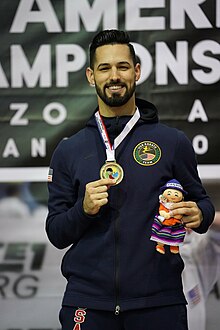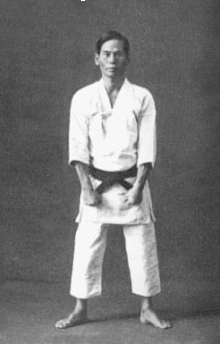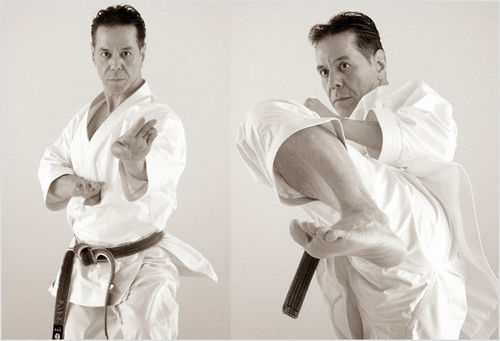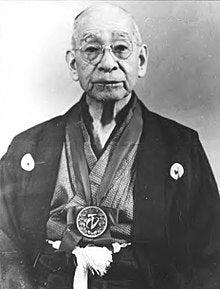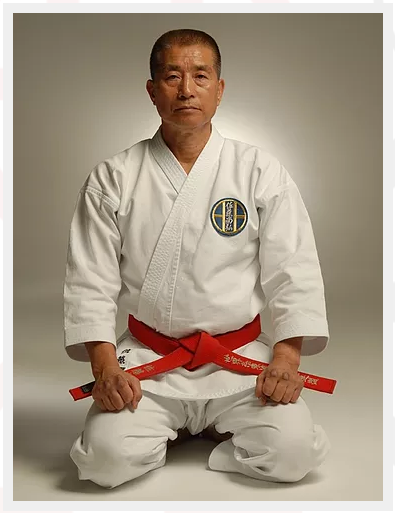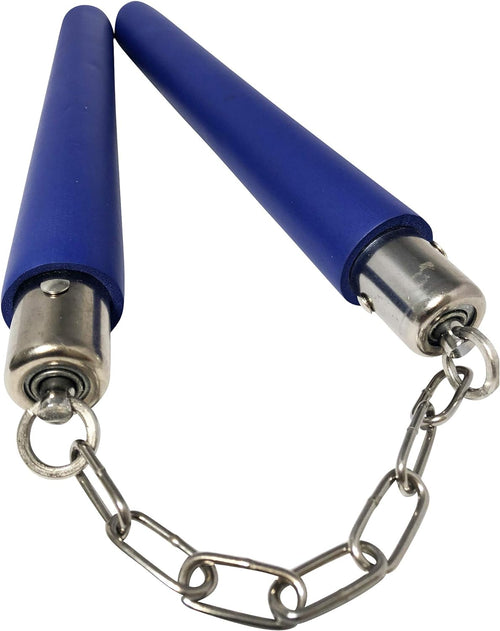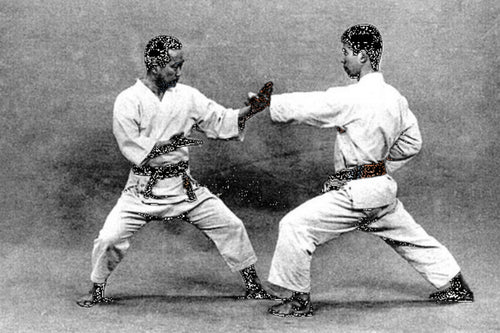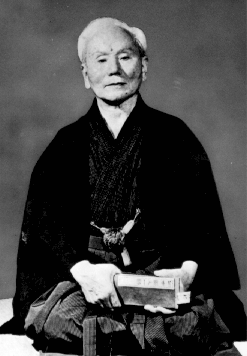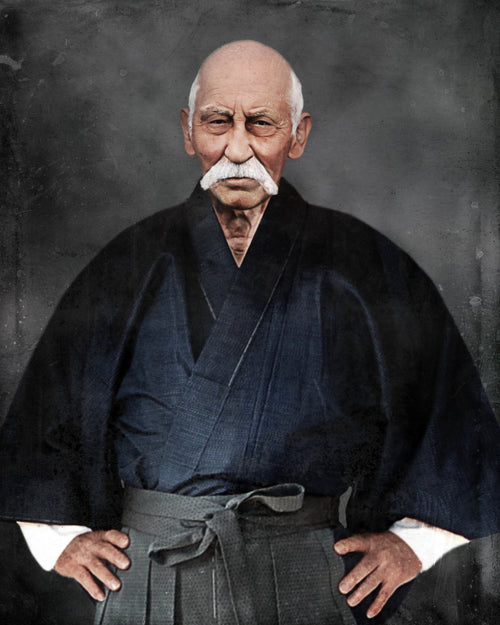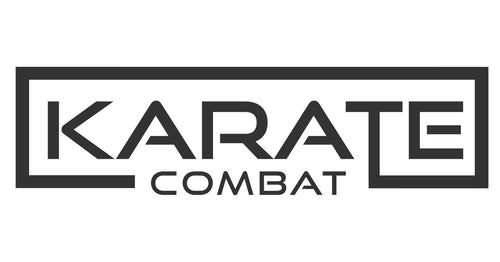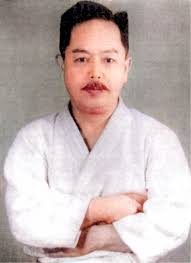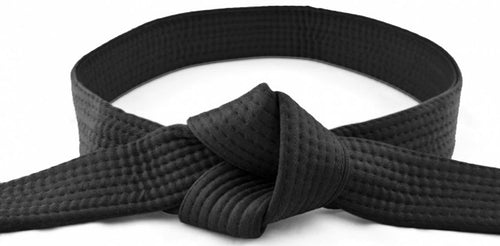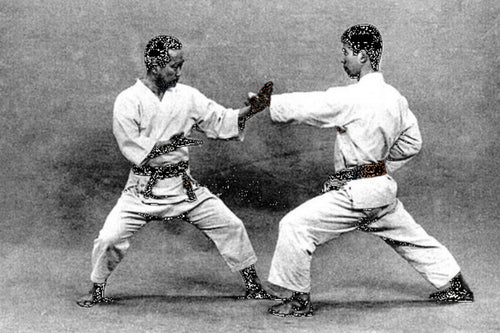Karate, a traditional martial art rooted in discipline and technique, has long been associated with dojo training under the guidance of experienced instructors. However, the question arises: Can you learn Karate at home, by yourself? This article delves into the challenges and opportunities of self-learning in the realm of Karate, shedding light on the nuances of embarking on a solo martial arts journey.
**1. Understanding the Basics: The Importance of Foundational Knowledge
Opportunity: Online Resources and Tutorials
The digital age has ushered in a wealth of online resources, tutorials, and instructional videos. Platforms offer comprehensive guides on basic stances, strikes, and kata, providing an accessible means for enthusiasts to grasp the fundamental principles of Karate.
Challenge: Lack of Immediate Feedback
One of the primary challenges of learning Karate at home is the absence of immediate feedback from a qualified instructor. Correcting and refining techniques without real-time guidance may lead to the development of incorrect habits that could be challenging to unlearn later.
**2. Solo Practice: Mastering Techniques Alone
Opportunity: Focused Solo Drills and Kata Practice
Karate, in essence, involves mastering individual techniques through repetition and precision. Solo practice at home allows individuals to focus on specific drills and kata, honing their skills in a controlled environment. This self-paced exploration can enhance muscle memory and build foundational strength.
Challenge: Limited Partner Interaction
Karate often includes partner drills for sparring and self-defense scenarios. Learning at home limits the opportunity for interactive training with partners, potentially hindering the development of timing, distance control, and adaptability in dynamic situations.
**3. Physical Conditioning: Building Strength and Flexibility
Opportunity: Tailored Conditioning Workouts
Self-learning provides the flexibility to design personalized conditioning workouts. Practitioners can focus on building strength, agility, and flexibility according to their unique needs and preferences, fostering overall physical fitness.
Challenge: Lack of External Motivation
The disciplined environment of a dojo often serves as external motivation for consistent training. Learning Karate at home requires individuals to cultivate self-discipline and maintain motivation without the communal energy of a group class.
**4. Mental Discipline: Cultivating Mind-Body Connection
Opportunity: Developing Mental Focus and Concentration
Self-learning necessitates a heightened sense of mental discipline. Practitioners can cultivate mindfulness, focus, and concentration through solo meditation, visualization exercises, and the mindful execution of techniques.
Challenge: Accountability and Consistency
Staying accountable and consistent in a home environment can be challenging. Without the structured schedule of regular dojo classes, individuals may struggle to maintain a consistent practice routine.
Conclusion: Balancing Autonomy and Guided Learning
In conclusion, learning Karate at home by yourself presents both opportunities and challenges. While online resources and solo practice allow for autonomy and flexibility, the absence of immediate feedback and partner interaction can hinder holistic skill development.
Individuals venturing into self-learning must strike a balance by seeking online guidance, staying disciplined in solo practice, and periodically seeking feedback from experienced instructors. Combining the benefits of self-learning with occasional dojo training can create a comprehensive approach to mastering the art of Karate.
Ultimately, the journey of learning Karate at home is a personal exploration, requiring dedication, self-discipline, and a deep commitment to the principles of this ancient martial art.




